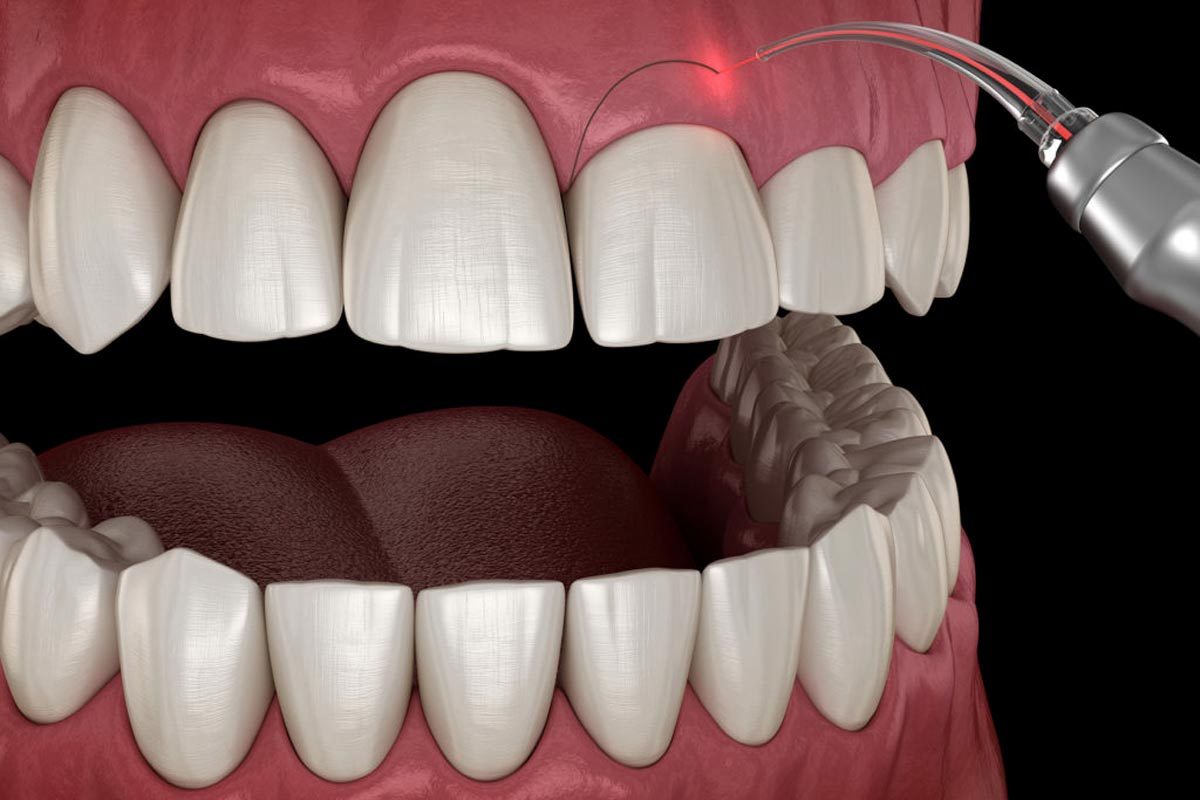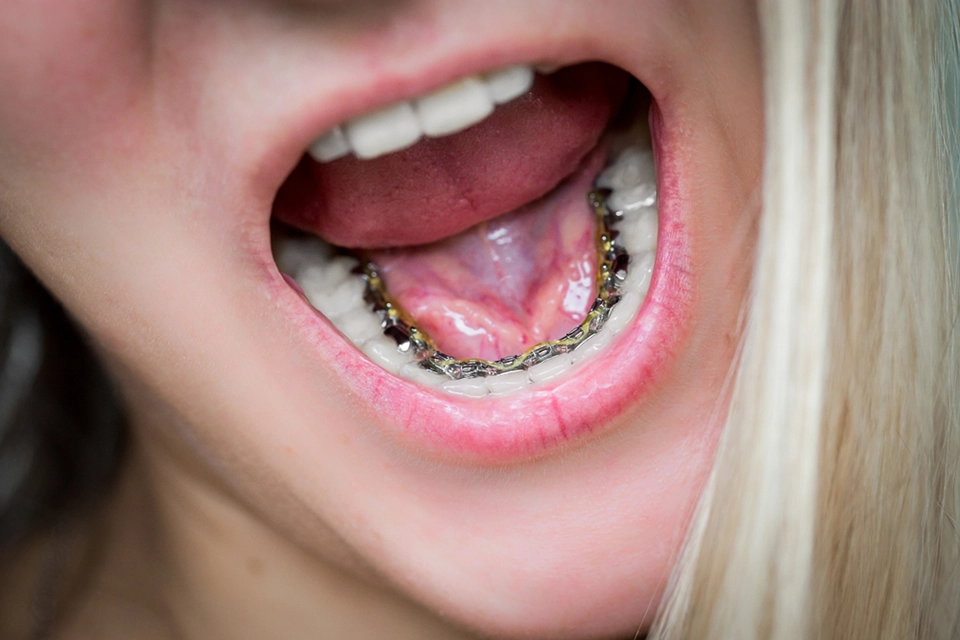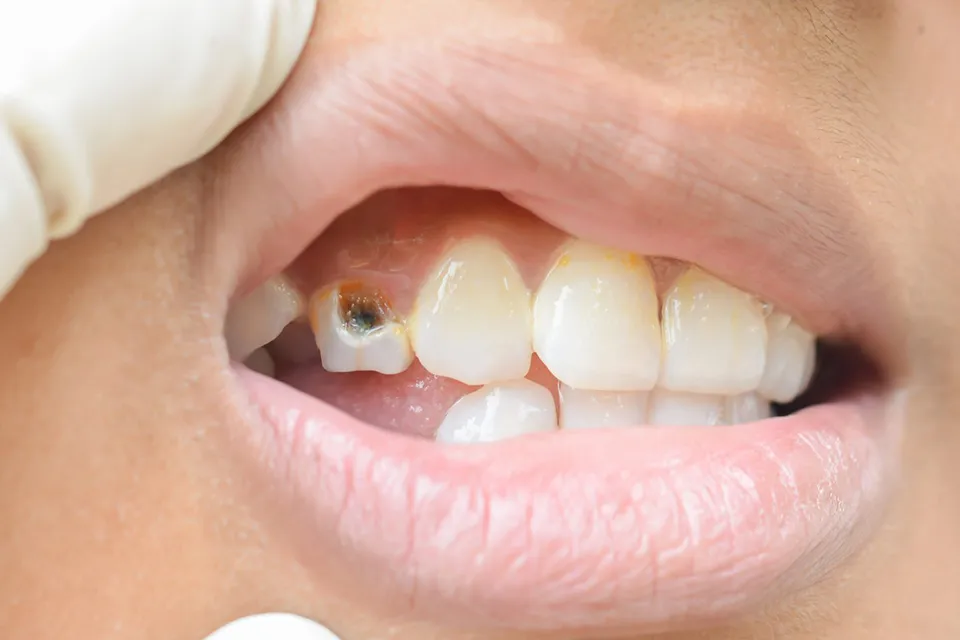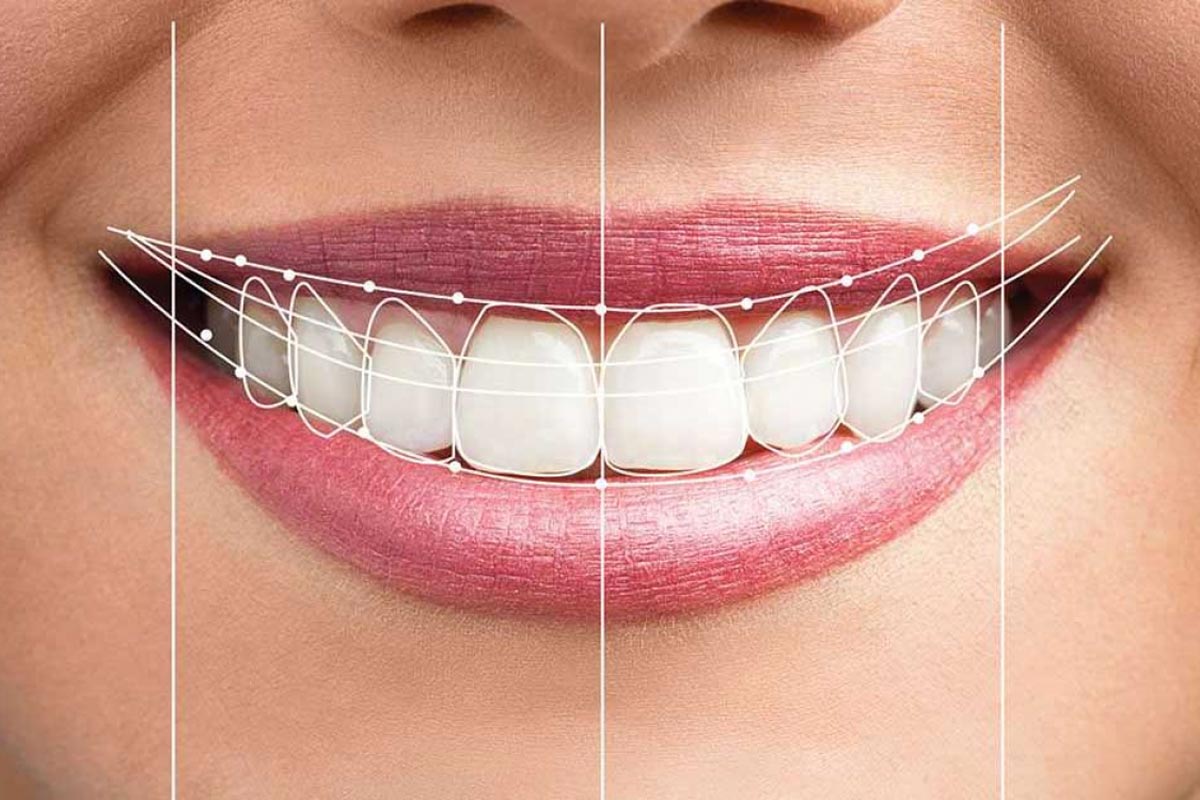Are you hiding your beautiful smile due to a gummy appearance or short teeth? Our expert dental team is here to help you regain your self-assurance with our advanced crown lengthening procedure. Crowns are tooth-shaped caps placed over natural teeth for cosmetic or structural reasons.
For example, your dentist might suggest a crown when a tooth is chipped, fractured, or misshapen. Furthermore, dental operations, including bridges, root canals, and dental implants, can all be completed with a crown. Crowns must be able to bond firmly to an existing tooth.
Crown lengthening can be beneficial. Crown lengthening is a dental procedure in which the gum tissue and, occasionally, the bone is recontoured to expose more of the tooth’s surface for a crown. Moreover, it’s a standard treatment that usually takes less than an hour.
What Is the Purpose of Crown Lengthening Surgery?
There are a variety of reasons why crown lengthening surgery may be performed. For example, it is possible to make the teeth look longer and more balanced while improving the appearance of excess gum tissue.
It can also be done to show cavities, decay, or broken parts of teeth or more tooth structure in preparation for another dental treatment, such as tooth crowning.
What Are the Potential Advantages of Crown Lengthening?
- Exposure of tooth under the gum to allow placement of a filling or crown/bridge
- Saving a tooth from extraction
- Providing better access for you to clean your tooth/teeth to prevent tooth decay
- Improved smile
When Is Crown Lengthening Necessary?
Several dental conditions call for crown lengthening. The most common reasons for crown lengthening are teeth that are too short, severe tooth decay beneath the gum line. It can also be due to a broken or fractured tooth beneath the gum line.
The remaining healthy surface area is diminished when a tooth is severely decayed or broken. In addition, the limited surface area available to restorative dental appliances impacts the success rate of tooth replacement.
By exposing more of the tooth’s healthy surface area, crown lengthening aims to increase the success rate of restorative dental appliances. In addition, different dental appliances are more likely to remain in place and resist deteriorating or slipping off when there is more surface area to work with.

Treatment Preparation
Usually, this outpatient surgery takes an hour to complete. We’ll take x-rays before your surgery. Your dentist or surgeon will discuss your medical history with you. Moreover, they do this to review any current medications you are taking and any other health issues that might impact the procedure’s outcome. Before your treatment, they will thoroughly examine your teeth, gums, and bone structure.
Moreover, your dentist will estimate how much of the gums they will need to remove or reshape so that you get the results you want to help you decide if crown lengthening surgery is the best option for you.
What Happens During a Crown Lengthening Procedure?
Your periodontist will do the crown lengthening as an outpatient surgery by your periodontist. This means you’ll be able to return home afterward. The number of teeth that require treatment and whether soft tissue and bone need to be removed affect how long it will take.
Your periodontist may remove any temporary crowns attached to any teeth in the area before the surgery and then replace them afterward.
The majority of patients receive sedatives as well as local anesthesia. Next, the periodontist makes cuts in the gums to separate the gums from the teeth and expose the roots and bone. Sometimes, all that needs to be taken out is the gum tissue.
Before suturing, the surgeon then cleanses the surgical area with salt water. Next, the surgeon sutures the gums together, and they may occasionally apply a bandage to the site for extra protection.
After the effects of the local anesthesia wear off, you will experience some discomfort. Your surgeon will advise you to take painkillers and use a particular mouthwash to aid in healing your gums.
Crown Lengthening Recovery and Aftercare
You won’t feel any pain during the treatment because anesthesia will be administered, but you might experience discomfort, bleeding, and swelling for a few days afterward.
Your dentist can advise using an antiseptic mouthwash, a cold compress, or anti-inflammatory medications. You should also only consume soft food and rinse your mouth after eating.
After crown lengthening surgery, full recovery may take up to six months.
What Are the Potential Risks of this Procedure?
The following are only a few of the potential dangers of crown lengthening surgery:
- Severe discomfort during and after surgery.
- Damage to surrounding teeth and tissues.
- Pain, swelling, bruising, bleeding, and infection after surgery.
- A frequent issue known as post-operative tooth sensitivity at the surgical site typically goes away in a few weeks.
- The possibility of the gum growing back.
- Altered sensation/numbness if the nerves in the area are stretched or injured. This is highly uncommon and could be either temporary or permanent.
Oral surgeries are getting increasingly efficient and effective. Dental crown lengthening is a frequent operation for dental and cosmetic reasons. You can anticipate your operation to go well and to improve the health and longevity of your teeth when performed by an experienced dental professional. Call us at Zara Dental if you live in Houston, Texas, or make an appointment online immediately!







